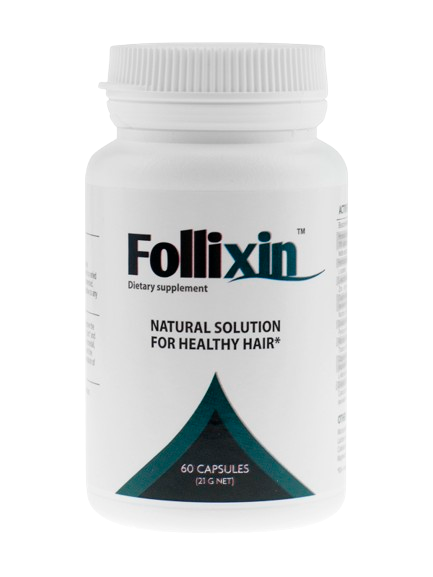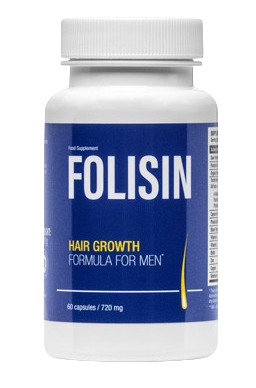"Revitalize your hair with our top alopecia solutions today!"
Are you struggling with alopecia and looking for solutions to promote hair growth? Many people wonder "how to make my hair grow faster" when dealing with this condition. While there is no guaranteed "baldness cure", there are steps you can take to support healthy hair growth.
One way to promote hair growth is to maintain a balanced diet rich in vitamins and minerals that are essential for hair health. Additionally, regular scalp massages can help stimulate blood flow to the hair follicles, promoting growth. Using hair growth products containing ingredients like biotin and keratin can also be beneficial.
If you are wondering "how to grow hair fast", it's important to be patient and consistent with your hair care routine. Remember that results may vary and it's important to consult with a healthcare professional or dermatologist for personalized advice. With the right care and treatments, you can support healthy hair growth and manage alopecia effectively.
Alopecia, also known as hair loss, can be a distressing condition for many individuals. It can have a significant impact on one's self-esteem and confidence. There are various types of alopecia, including alopecia areata, alopecia totalis, and alopecia universalis.
What causes alopecia can vary from person to person. Some common causes include genetics, hormonal changes, autoimmune disorders, and certain medical conditions. It is essential to consult with a healthcare professional to determine the underlying cause of your hair loss.
If you are experiencing alopecia, it is essential to have a baldness talk with your doctor to discuss treatment options. These may include medications, hair transplants, or other therapies.
There are also natural remedies and lifestyle changes that may help promote hair growth. Research how to grow hair long and consider incorporating scalp massages, a balanced diet, and stress management techniques into your routine. Remember, everyone's journey with alopecia is unique, so be patient and kind to yourself as you navigate this condition.
Alopecia is a condition that results in hair loss, which can be distressing for those affected by it. However, there are ways to promote quick hair growth and potentially grow hair back. One common method is using minoxidil, a topical treatment that has been shown to stimulate hair follicles and promote hair growth. Additionally, incorporating a healthy diet rich in vitamins and minerals, such as biotin and iron, can also support hair growth.
It's important to note that results may vary from person to person, and it's best to consult with a dermatologist or healthcare provider for personalized advice on how to grow long hair. In some cases, treatments like platelet-rich plasma therapy or hair transplant surgery may be recommended for more severe cases of alopecia. Remember to be patient and consistent with any treatment plan, as regrowing hair can take time.
Alopecia is a condition that results in hair loss, which can be distressing for those affected. If you are wondering why your hair is falling out, there are many potential causes, including genetics, hormone imbalances, stress, and certain medical conditions. It's important to consult with a healthcare professional to determine the underlying cause of your alopecia.
Many people also wonder how fast does hair grow and how they can make their hair grow faster. While the rate of hair growth varies from person to person, there are some tips that may help promote healthy hair growth. Eating a balanced diet, reducing stress, and using gentle hair care products can all contribute to healthier hair growth. Additionally, certain vitamins and supplements may also help support hair growth.
Overall, it's important to be patient and consistent in your efforts to promote hair growth while also addressing any underlying issues contributing to your alopecia.
Are you experiencing hair loss and looking for solutions? Alopecia, also known as hair loss, can be a distressing condition for many individuals. If you are seeking information on how to address hair loss, the NHS offers resources and support for those dealing with alopecia.
Hair loss can be caused by various factors such as genetics, hormonal changes, stress, and medical conditions. If you are concerned about your hair loss, it is important to consult with a healthcare professional to determine the underlying cause and explore treatment options.
The NHS provides information on hair loss, including diagnosis, treatment options, and support services. From medications to hair transplants, there are various ways to manage hair loss and promote hair growth. Additionally, there are lifestyle changes and home remedies that may help stimulate hair growth.
If you are wondering how to get hair to grow faster or looking for guidance on managing hair loss, the NHS is a valuable resource for information and support. Don't hesitate to reach out for assistance with your alopecia concerns.






